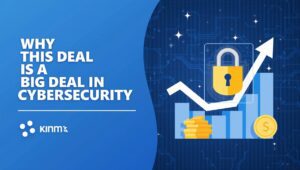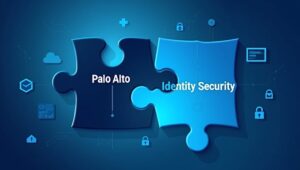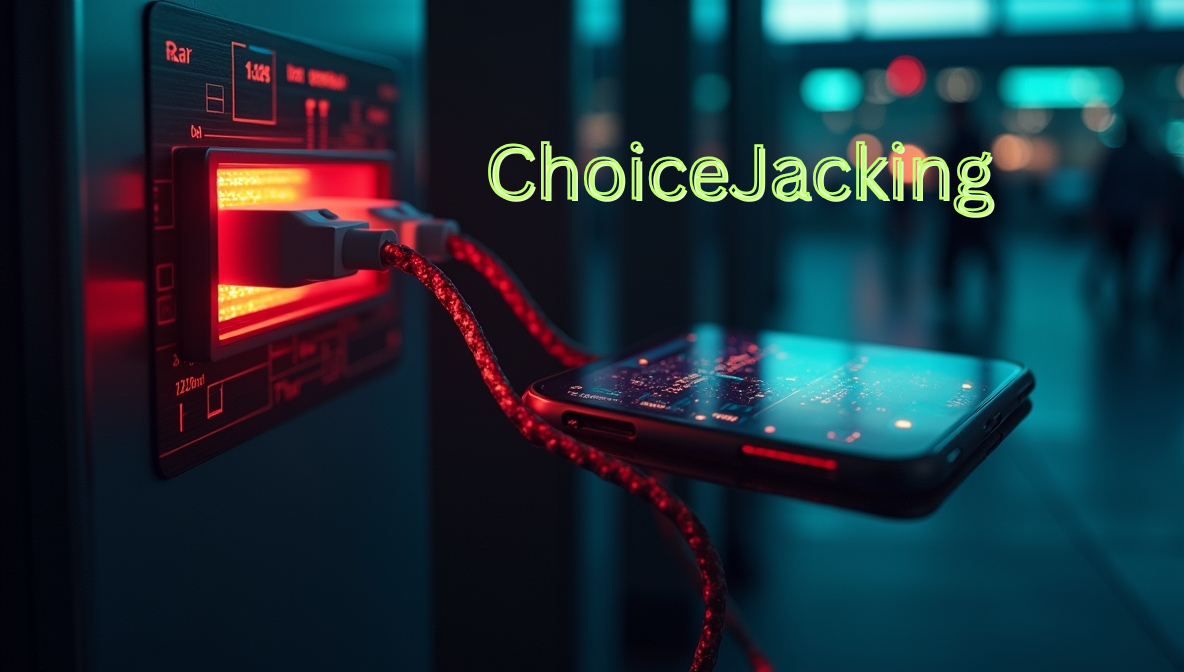A major player buys another major player. Analysts react. The cybersecurity community debates. Then we move on… right?
But this time, it’s different.
Palo Alto Networks, one of the biggest names in cybersecurity, has just announced a $25 billion acquisition of CyberArk, the leader in identity security. It’s one of the largest deals in cybersecurity history—and it’s not just about business growth. It’s about a major shift in how we defend against cyber threats.
In the past, cybersecurity was all about defending the network perimeter. But that perimeter no longer exists. Today, your identity is the new perimeter. Who you are—and what you’re allowed to do—is now the frontline of cybersecurity defence.
So, what does this $25 billion deal actually mean for you, for your organisation, and for the future of cybersecurity?
Let’s break it all down.
Why This Deal Is a Big Deal in Cybersecurity

To understand how massive this is, let’s talk numbers.
Palo Alto Networks didn’t just invest in another cybersecurity product—they spent $25 billion to acquire CyberArk, a company that specialises in protecting human and machine identities. For comparison, that’s more than double what Google paid for Mandiant in 2022, and it dwarfs most other cybersecurity acquisitions in history. This isn’t just a financial move. It’s a strategic shift that shows Palo Alto is betting big on identity as the core of all cybersecurity.
In short, This is not about adding features. This is about owning the future of cybersecurity.
Why Identity Is the New Battleground in Cybersecurity

Once upon a time, cybersecurity meant putting firewalls around your data centre and calling it a day.
But now?
Data lives in the cloud. Employees work from home. Devices connect from everywhere. Attackers don’t break down doors—they log in with stolen credentials. In fact, more than 80% of breaches today involve compromised identities. That’s why cybersecurity has changed. Defending a fixed network isn’t enough. You now have to defend who can access what, from where, and under what conditions. This is called identity-first security—and CyberArk is one of the best in the world at it. They don’t just protect usernames and passwords. They secure privileged accounts, machine identities, secrets used by apps, and access rights. That’s why this acquisition is such a major play.
Cybersecurity is no longer just about firewalls—it’s about knowing exactly who’s doing what, and stopping attackers from hiding behind stolen identities.
What Palo Alto Gains from This Deal

Palo Alto is already a powerhouse in cybersecurity. Their portfolio covers:
- Network security (firewalls, threat prevention)
- Cloud security
- Endpoint protection
- AI-based threat detection
- Security operations automation
But one thing they didn’t have? A serious identity security solution.
By acquiring CyberArk, Palo Alto instantly gains:
- Privileged Access Management (PAM) tools
- Identity Threat Detection and Response (ITDR) capabilities
- Control over machine identities and secrets management
- Deep experience in zero trust implementation
In simple terms Palo Alto just plugged a massive hole in its cybersecurity stack. And that makes it a much more complete and dangerous competitor.
What CyberArk Gets in Return

CyberArk might be smaller, but it’s been punching above its weight in the cybersecurity world.
Still, they’ve always had a challenge: scale.
By joining Palo Alto, CyberArk gets access to:
- A massive global sales network
- More enterprise deals and government contracts
- Better cloud integration via Palo Alto’s platforms
- A stronger position in cross-platform cybersecurity environments
This gives CyberArk the muscle it needs to become the go-to identity security solution across multiple markets.
The Industry Reaction: What’s Everyone Saying?
This deal has caused a buzz in the cybersecurity world. And for good reason. Cybersecurity vendors are watching closely. Okta, Microsoft Entra, Ping Identity, and even CrowdStrike will now face a new threat from a unified Palo Alto + CyberArk offering. Security leaders are wondering how this will affect vendor selection. Will this mean tighter integration and simpler buying decisions—or will it create vendor lock-in? Startups in the identity space may see this as a signal: either grow fast, or get acquired. Cybersecurity is consolidating quickly.
Cybersecurity professionals—from SOC analysts to IAM architects—are asking a key question:
“Should we be rethinking how we handle identity and access management right now?” The short answer? Yes.
How This Changes Cybersecurity Strategy

If you’re a decision-maker in cybersecurity, this acquisition should make you pause.
Here’s why.
Cybersecurity is no longer just about defending assets. It’s about predicting attacker behaviour, detecting anomalies, and stopping credential abuse before damage is done.
That means:
- Zero trust is no longer optional
- Privileged Access Management (PAM) must be treated as a core security function
- Identity threat detection will become a key layer in your cybersecurity stack
- Cybersecurity tools must talk to each other seamlessly
With this acquisition, Palo Alto can now offer an integrated platform from cloud to endpoint to identity. For some organisations, that will mean fewer vendors. For others, it’ll mean faster deployments.
But for everyone, it signals one thing: Cybersecurity strategy must start with identity.
Conclusion

Cybersecurity isn’t static—it evolves every time attackers change their tactics.
This $25 billion move by Palo Alto shows exactly where cybersecurity is going next: toward identity-first, AI-powered defence that protects not just data and systems, but the very people and machines who access them.
If you’re in cybersecurity today, you’re in the middle of a revolution. Stay curious. Stay sharp. And most of all—keep learning.
“Cybersecurity is no longer about protecting the network. It’s about protecting identity. And this $25B move proves it.”
If you’re looking forward to learn Ethical hacking from one of the best institutes in Bengaluru with better placements, we are here to help you. Visit Digived Academy to learn more about our Cybersecurity Training programs and start your journey as cybersecurity professional today.
also read: Digived Cybersecurity Course in Bengaluru with Placement Support
Frequently asked questions [FAQ’s]
- Why did Palo Alto buy CyberArk?
To fill a gap in identity security and offer a more complete cybersecurity platform. - How much did the acquisition cost?
$25 billion—one of the largest deals in cybersecurity history. - Will CyberArk still operate as a standalone brand?
It’s likely it will retain some autonomy, but expect tighter integration into Palo Alto’s ecosystem. - What does this mean for CyberArk customers?
Short term: little change. Long term: expect better integrations and possibly new pricing models. - What makes identity security so important now?
Because most modern cyberattacks involve stolen credentials. Identity is now the most exploited attack vector in cybersecurity. - Does this change how I should build my cybersecurity stack?
Yes. Identity security should be central—not an afterthought—in any modern cybersecurity strategy
Contact Us
For more information about our courses, schedules, and enrolment process, visit our website or contact us at.
Website: www.digived.academy
Email: admission@digived.academy
Phone: +91-9019299971



